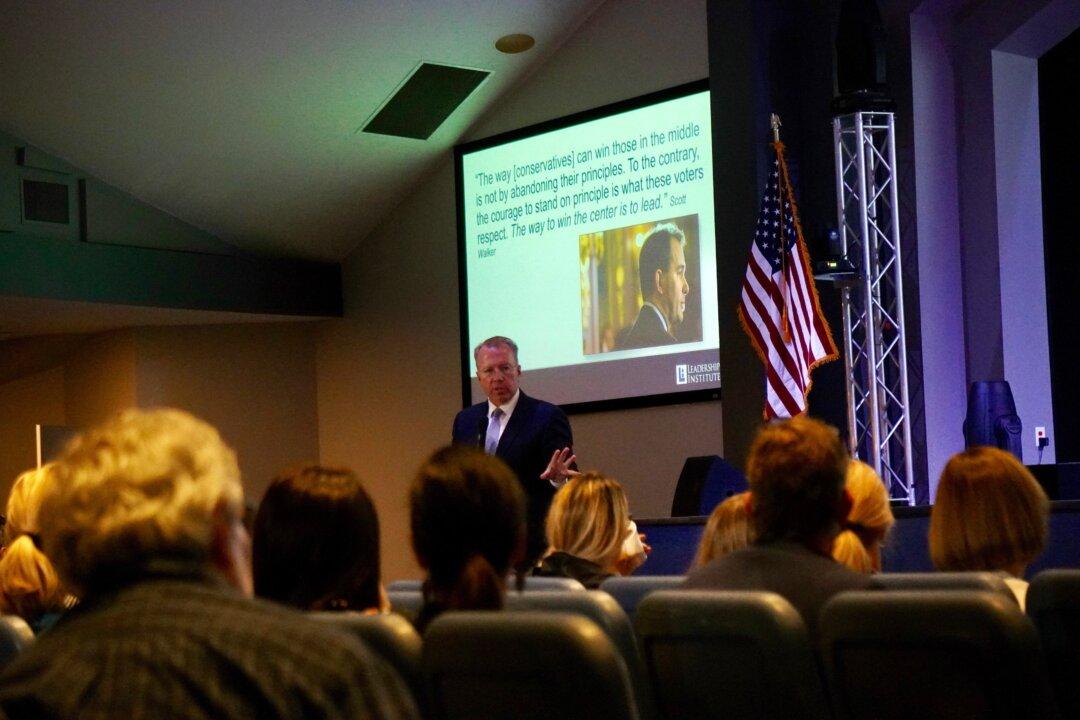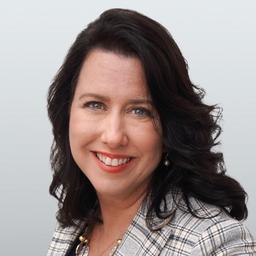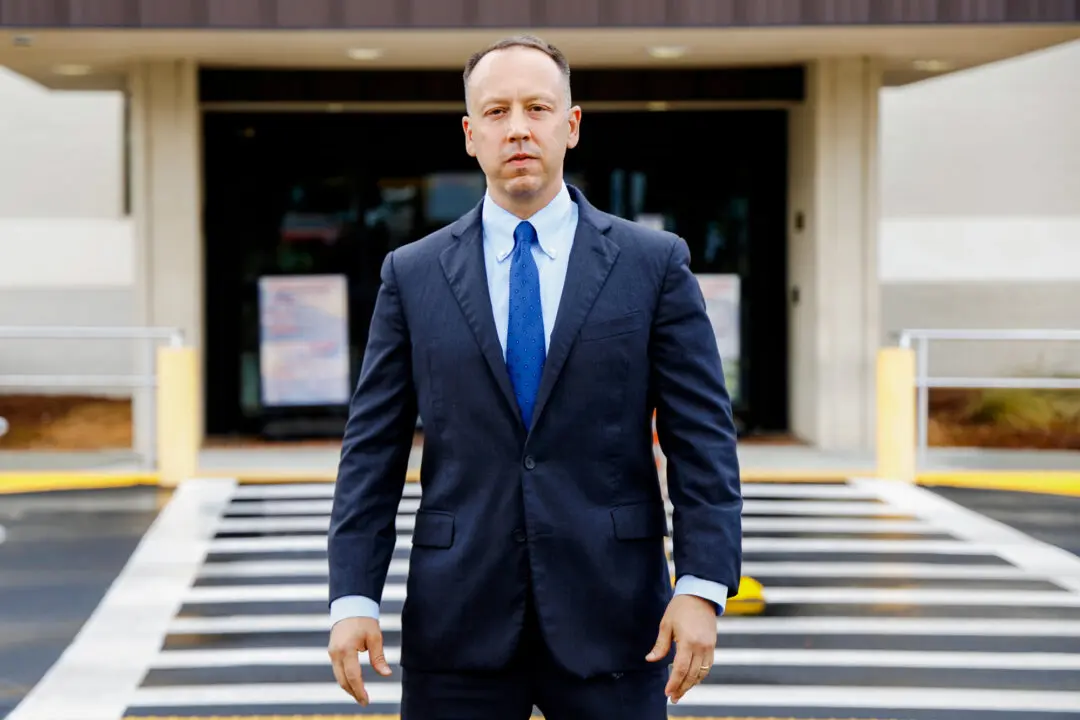SARASOTA, Fla.—People from all stages of life—with and without children in public schools—are filling workshops across the country designed to prepare them to challenge local school boards on issues and help school board candidates they support to get elected.
In January, it was a mostly conservative crowd that attended activist training in Sarasota, Florida, offered by the Leadership Institute, hopeful they'd learn how to right a lopsided, left-leaning school board. The Arlington, Virginia-based institute’s instructors have mentored people of a variety of beliefs on how to become effectively involved in politics, although the officially nonpartisan organization unabashedly aims to give conservatives an edge.





